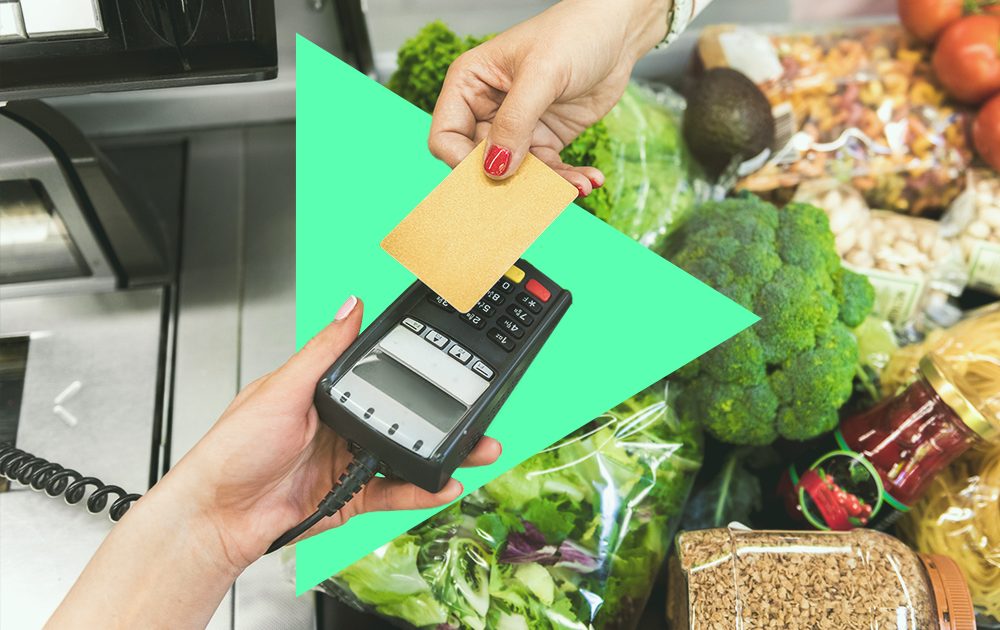A Merchant Category Code (MCC) is a four-digit number that is used to classify the type of business a company conducts. The code is used by credit card companies to help identify the merchant and the type of product or service being sold. This allows for more accurate reporting of spending activity, which can be helpful for budgeting and planning purposes.
The MCC can be used to determine what types of transactions a business is allowed to accept with a Visa or MasterCard. For example, you may have been denied a card acceptance for your online company because your MCC indicated that you were “Home Improvement” type of merchant. The code also helps the credit card companies charge the correct fees to the merchants, as well as protect consumers from fraudulent activity.
The MCC is also used by the Internal Revenue Service (IRS) to help identify businesses for tax purposes. The IRS assigns a unique business tax identification number (EIN), also known as an employer identification number (EIN), to each company. This number is then referenced on the company’s tax returns and all official documents.
The MCC may be different than any special trade classification (STC) assigned by the U.S. Census Bureau, which are used for data collection purposes only.
MCCs can be grouped into categories like many other numerical codes, such as telephone area codes and ZIP codes:
- 400 – 4999: Retail or wholesale stores, including pawn shops and secondhand stores (like a Goodwill store.)
- 5000 – 5999: Fuel dealers. Gas stations fall under MCC 5411. Discount stores that sell gasoline fall under MCC 4529. If you run a convenience store that sells gasoline, you should check with your merchant provider to determine the appropriate code.
- 6000 – 6399: Auto dealers and automotive shops. Auto transmission / repair shops fall under MCC 7523. Car rental agencies fall under MCC 7319. If your company sells, services or repairs automobiles as a retailer, you will need this type of MCC.
- 6400 – 6999: Businesses selling car parts and accessories, tire dealers and repair shops, boat dealers, used cars and tractors.
- 7000 – 7999: Electronic equipment dealers. If you run a consumer electronics store or an ISP that sells routers, modems etc., you should get this MCC.
- 8000 – 8999: Miscellaneous retailers, including florists, gift shops, pet stores and bookstores.
- 9000 – 9999: Service establishments. This category includes restaurants, hotels, barbershops and other personal care services.
An MCC can’t be assigned based on your company’s business type, but rather by the industry in which you are involved. As an example, a manufacturer of women’s shoes is still classified as a “retail store” because they would sell to physical retailers, even if their primary business is not retail. If you are unsure of your company’s MCC, you can check with your merchant provider or the Visa and MasterCard websites.
The use of Merchant Category Codes helps credit card companies more accurately report spending activity, determine appropriate fees, and protect consumers from fraudulent activity. The codes may also be used by the government to identify businesses for tax purposes. The MCC is used to determine what types of transactions a business is allowed to accept with a Visa or MasterCard.
